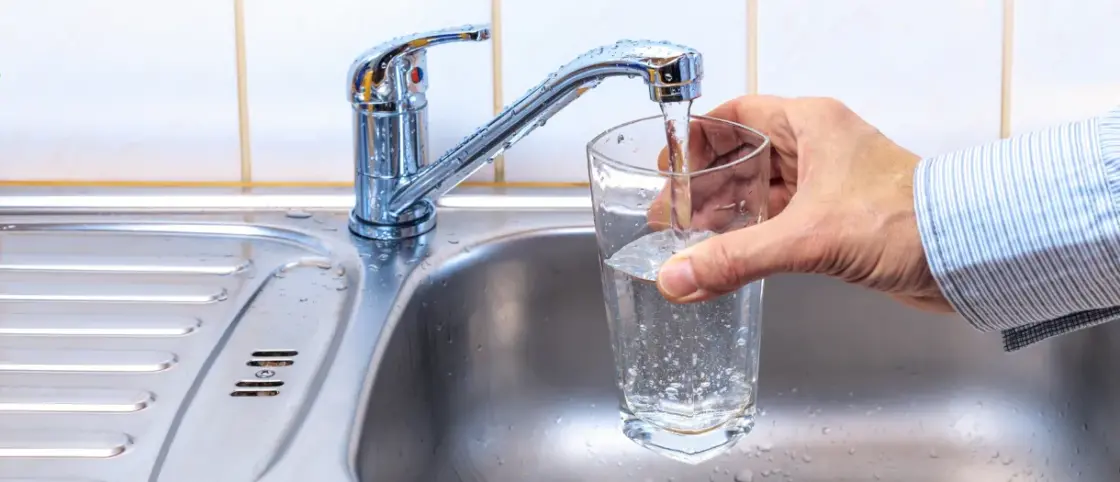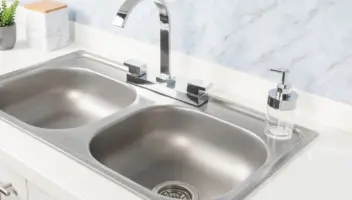Most Common Types of Water Treatment

Treating your water can help you and your family lead a healthier lifestyle. When it comes to choosing a water treatment, making an informed decision is crucial. There are many types of water treatment systems, and it’s important to make sure you are selecting one that is right for your home.
Water Softener System
A water softener system is a type of water treatment that cures hard water problems. To learn more about hard water, read this article from the Department of Health. With a water softener your family can enjoy softer skin and hair, cleaner dishes, and reduced hot water bills. The ideal home for a water softener system is a home with chlorinated, hard municipal water or a home with iron. Common problems hard water can cause are foul taste and smell, high energy costs and chemical contaminants. A water softener system can provide immediate results optimized for your home. This type of water treatment can:
- Improve water taste, smell, and color
- Reduce contaminants like calcium, and magnesium
- Reduce scale buildup
Filtration
A water filtration treatment can provide clean, healthy, better-tasting water straight from the tap. Benefits of a water filter include low maintenance, improved taste, smell and color, reduced soap scum and contaminants such as sulfates and organic matter. This type of water treatment system is is ideal for homes on chlorinated, hard municipal water. If your home is in need of a one-of-a-kind, salt-free combination system providing high-quality water, check out this option from Leaf Home Water Solutions.
Water Conditioning Treatment
The water treatment system known as a water conditioner can benefit your home by providing improved water taste and preventing scale buildup on your homes appliances and surfaces. Chemical contamination is also a common problem a water conditioner can solve in addition to bad taste and odor caused by chlorine, chloramines or organic matter. A unique benefit of a water conditioning treatment system is that a water conditioner won’t remove essential, healthy minerals in your water.
Reverse Osmosis
What is a reverse osmosis system? This form of a water treatment system can remove harmful contaminants and chemicals from your water to get the cleanest drinking water right from the tap. This water system is beneficial as is can remove sediment, lead and smell. It also is a cure for water cloudiness and rusty water. A reverse osmosis water system filters out harmful chemicals and contaminants at one location in the home. An RO system compliments a house water system by removing chemicals that may not be removed by carbon filtration. This includes Arsenic 5, Barium, Cadmium, Chromium 6, Chromium 3, Copper, Fluoride, Lead, Radium 226/228, Selenium – as well as sediment and other dissolved solids. Making this form of water treatment a must-consider.
While it may be overwhelming to choose the right water system for your home, the choice to provide your family with clean, healthy water is simple. An easy way to find our which system will benefit your homes water the best is with an at-home water test. Leaf Home Water Solutions provides free water testing and estimates, to ensure the best system is easily identified.


